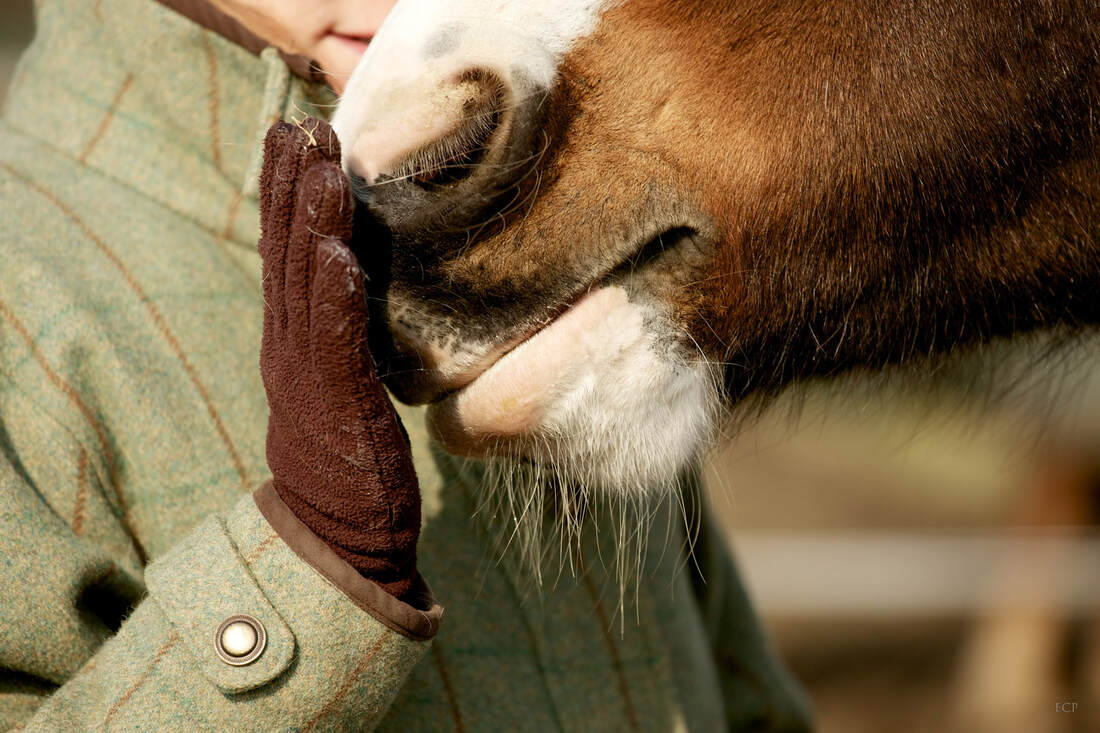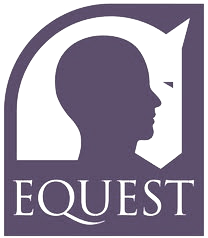|
Written by Stephen Parker Chief Human Resources Officer at A.T. Kearney You can learn a lot from a horse. I experienced this firsthand through an exercise we have built into A.T. Kearney’s Expanding Horizons leadership development program. In the wild, horses were prey rather than predator, and so for eons before humans domesticated them 5000 years ago, hyper alertness and exceptional non-verbal communication were essential to this herd animal’s survival. By virtue of evolution, horses are remarkably good at reading the energy of any creature that might approach them. To tap into this powerful innate ability, our program in London includes a train ride a few hours east into the Berkshire countryside, to a horse farm run by Pam Billinge and Equest. There our Partners have the chance to interact with horses under the skilled guidance of facilitators trained in Equine Assisted Learning. Say Hello I recall viscerally my own experience of this as if it were yesterday. The most basic equine exercise is to connect with an untethered horse in a paddock. An Equest facilitator explained that the proper way to say hello to a horse is by gently extending your closed hand. The horse returns the greeting by touching your hand with its muzzle. Simple enough. One of my colleagues went first. I watched as he approached the horse, moving slowly while speaking to the carefully observant animal in a soft, reassuring tone. He then unhurriedly extended a closed hand, just as he was instructed. The horse turned away, refusing his greeting. I was puzzled. My colleague had done nothing wrong that I could see. Why had the horse not returned his hello? My turn. As I slowly crossed the paddock toward the same horse, I was still wondering why she had turned away before…. Then it hit me! This horse was a bit on the small side, while my colleague and I are both tall men. Our height intimidates her. I consciously tried to lower my center of gravity, thinking this would help her welcome my approach. As I got closer, it seemed to work and the connection seemed imminent. I was thrilled. And I was wrong. The horse quietly turned and walked away from my extended hand. Presence Is Key Having since observed a range of equine encounters, I now understand that my height had nothing to do with the horse declining my hello. Rather, it was because my focus was on myself. My brain was busy adjusting my posture and congratulating myself for my cleverness at figuring out why my colleague had failed and how I would succeed. Rubbish. The key to saying hello to a horse is presence. You must be there for the animal, with all your energy focused on making the connection you seek, freeing your mind from other considerations and motives. This is the kind of connection horses offer each other. So as you approach a horse, if your mind is even a bit clouded, they may instinctively sense you as foreign and refuse your hello. Why does that matter? Non-verbal communication matters far more than most of us realize. The Equest people like to point out that humans — a highly social animal — are actually very good at non-verbal communication. But not as good as horses. That is why horses can teach us how to develop and pay more attention to this vitally important, yet often neglected, aspect of everyday communication. “We achieve a great many things by thinking, but thinking actually gets in the way of connecting with a horse,” observes Herve Collignon, a Paris-based A.T. Kearney partner who has visited the Equest farm. “You can only establish trust through deeply honest conviction — by truly being yourself. Of course, in the world of management consulting, establishing trust is essential. So interacting with horses proved a surprisingly relevant learning experience.” Connection, Communication, Relationships Here’s what horses have taught me: First, our state of mind impacts the quality of our connections and communications far more than we typically acknowledge. Second, the quality of our connections and communications shape all the human relationships we form as professionals, leaders, family members and friends. Third, it all starts with hello. Ask yourself:
First published 23 March 2016 Stephen Parker is the first Chief Learning Officer and Global Head of Talent Management with the consulting firm A.T. Kearney where he applies his deep experience as a leadership consultant and executive coach to help his colleagues worldwide discover and apply the very best of themselves. Stephen, recently profiled in Chief Learning Officer, has advised CEOs across many industries including pharmaceuticals, technology, and consumer goods, and has designed and led multi-year leadership and culture projects for global corporations. He previously served as President of a boutique leadership consulting firm in Washington, DC and founded the Global Consulting Group for BlessingWhite, an international leadership development firm. Stephen is based in New York City and lives in Princeton, NJ.
0 Comments
Your comment will be posted after it is approved.
Leave a Reply. |
NewsWelcome to our news page. This is where we keep all the interesting stuff as and when it happens. We hope you find it interesting, inspiring and informative.
Categories
All
latest eventsLoading... NEWS Archive
December 2023
|
LOCATION: Suddene Park Farm, Wolfhall Road, Burbage, Marlborough, Wiltshire
Registered address for correspondence only: Equest Limited, 126 High St, Marlborough SN8 1LZ, United Kingdom | Company registration number: 07713922
Registered address for correspondence only: Equest Limited, 126 High St, Marlborough SN8 1LZ, United Kingdom | Company registration number: 07713922
© 2014-2020 Equest Limited. All rights reserved | Photos by Emily Corcoran Photography | PRIVACY AND COOKIES POLICY | Website design by Bright Blue C



 RSS Feed
RSS Feed